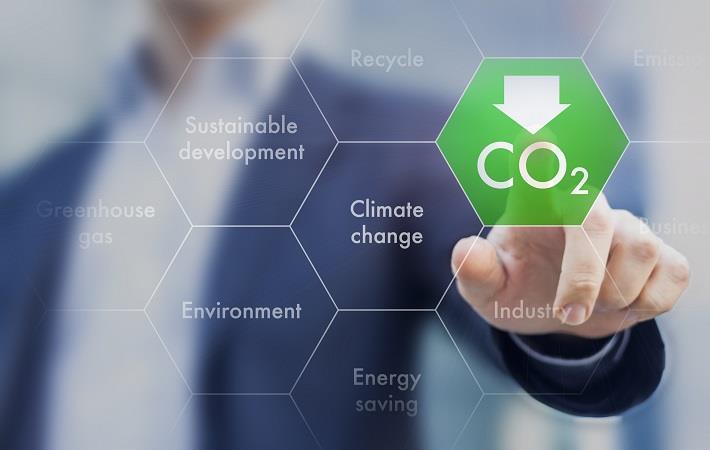India lags behind in 2020 EPI sustainability rankings

India’s decarbonisation agenda needs to accelerate, and the country faces a number of serious environmental health risks, including poor air quality.
Now in its 22nd year, the EPI report has become the premier metrics framework for global environmental policy analysis, ranking 180 countries on 32 performance indicators across 11 issue categories covering environmental health and ecosystem vitality. The 2020 EPI features new metrics that gauge waste management, carbon dioxide emissions from land cover change, and emissions of fluorinated gases – all important drivers of climate change, according to the report.
In the 2020 EPI, Denmark ranks first in the world, reflecting strong performance across nearly all issues tracked by the EPI. Other nations in the top tier include Luxembourg, Switzerland, the United Kingdom, and France. Beyond providing issue-by-issue and country-by-country results, the 2020 EPI offers new insights into the factors associated with success on environmental sustainability goals.
High-scoring countries generally exhibit long-standing commitments and carefully constructed programs to protect public health, conserve natural resources, and reduce greenhouse gas (GHG) emissions.
India comes in near the bottom of the global rankings at 168th place worldwide, and only Afghanistan (178th place) ranks below India in Southern Asia. Leading the region is Bhutan (107th), with relatively high scores in biodiversity and habitat protection. Sri Lanka (109th) and Maldives (127th) round out the top three countries in Southern Asia, followed by Pakistan (142nd), Nepal (145th), and Bangladesh (162nd).
India struggles to perform well on several of the 2020 EPI’s environmental issue categories. For air quality, India and Pakistan both rank at the very bottom of the 2020 EPI, at 179th and 180th places, respectively. By comparison, low air quality also continues to plague China, although its recent pollution controls and other environmental investments have helped it climb to 120th place in the EPI, 48 places ahead of India’s 168th overall ranking. On biodiversity & habitat, India places 148th in the world, failing to maximize the conservation potential of its protected areas, especially in marine ecosystems. Perhaps most critically, India places 106th in the world on climate change mitigation.
As one of the world’s most significant emitters of greenhouse gases, India should be applauded for recent gains in renewable energy investments. However, the data show India is not on track to decarbonise quickly enough to avoid the worst impacts of climate change. Low EPI scores for India suggest a need for national sustainability efforts on a number of fronts, including air and water pollution, biodiversity protection, and the transition to a clean energy future.
EPI rankings have long highlighted the environmental challenges that India faces. India’s 168th ranking in the 2020 EPI reflects our improved knowledge about the current state of the world. Ten years ago, these same metrics would have given India a rank of 163rd in the world. The EPI finds essentially no overall improvement in India’s environmental performance over the past decade, though there are gains and losses on individual issues.
Fibre2Fashion News Desk (GK)
































-Ltd..jpg?tr=w-120,h-60,c-at_max,cm-pad_resize,bg-ffffff)





.jpg?tr=w-120,h-60,c-at_max,cm-pad_resize,bg-ffffff)
.jpg?tr=w-120,h-60,c-at_max,cm-pad_resize,bg-ffffff)






